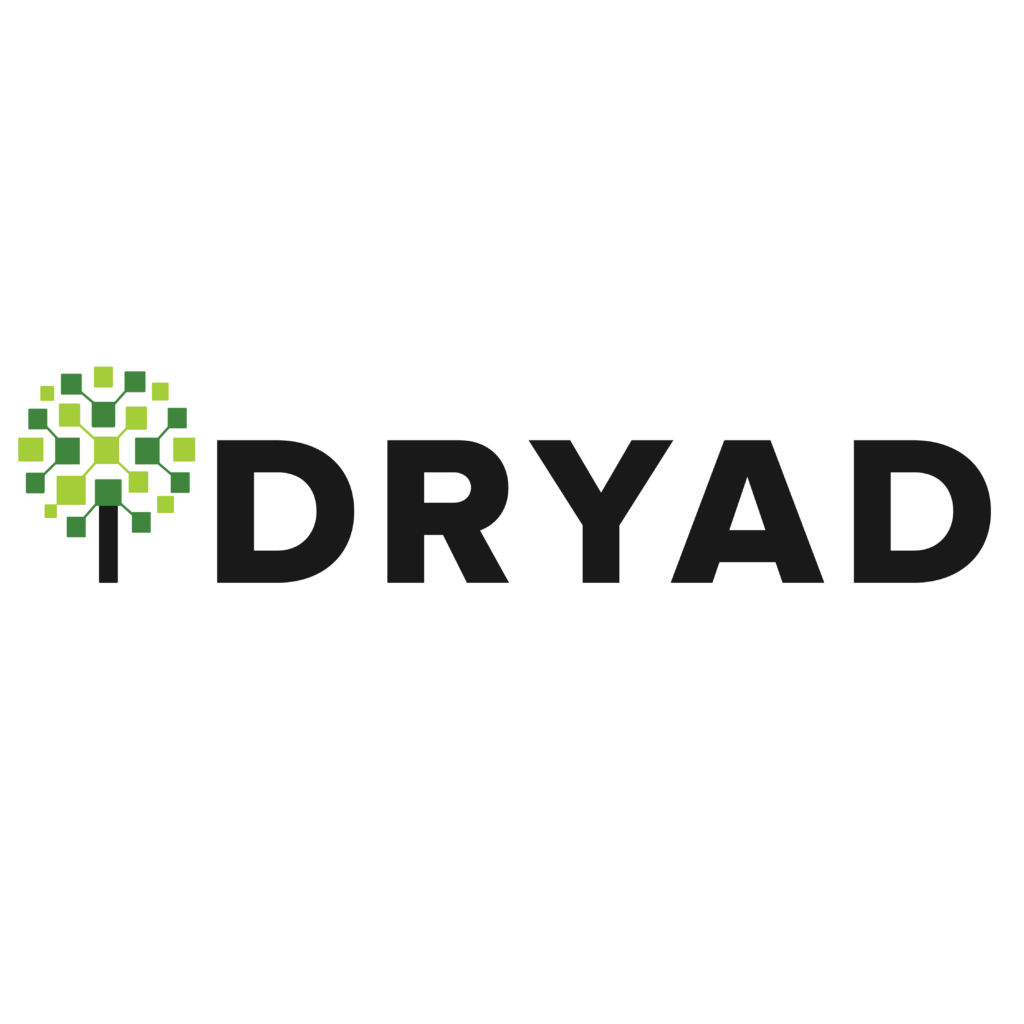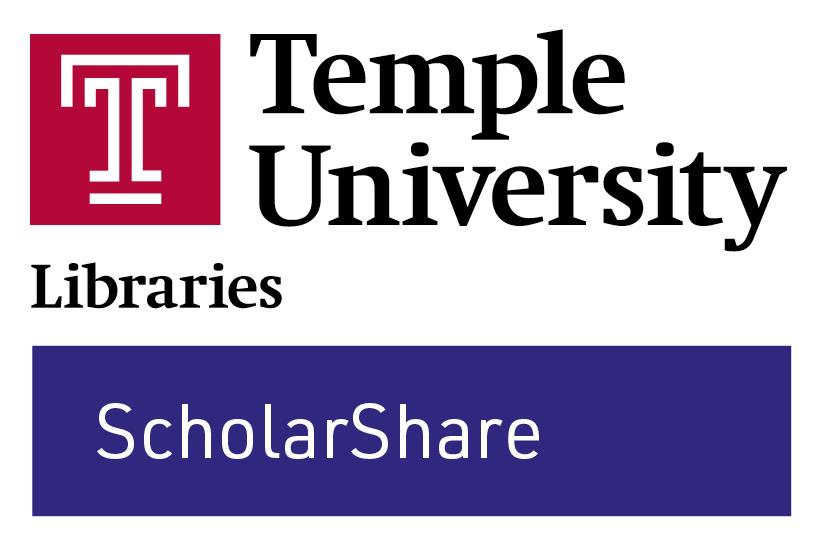Guest post by Will Dean Research and Data Services Librarian
Sharing your research data in a data repository has many beneficial effects: advancing research, increasing knowledge, and helping other researchers and students learn. Data repositories make your work more accessible, preservable, and understandable for others in your field and beyond. Not to mention, that most major public and private funding agencies and many journals now require data sharing as a prerequisite for grant awards and publication.
Temple researchers have access to four great data repository options to deposit, share, and preserve their data through Temple Libraries, including two we have joined in the past year. Read below to learn more about them, or check our guide to data sharing here.
| Repository & Library Guide | Type/ Focus | Size Limit | Offers Controlled Access | Allows Embargo |
| Dryad | Generalist | 300 GB* | No | Only for peer-review |
| QDR | Qualitative Data | 20 GB* | Yes | Yes |
| ICPSR | Social Sciences & Interdisciplinary | 30 GB* | Yes | Yes, for a year |
| TUScholarShare | Institutional | 5 GB | No | Yes |
Dryad
As of January 2024, Temple University Libraries is an Institutional Member of Dryad, a data repository that seeks to make research data discoverable, reusable, and accessible. Dryad is a generalist data repository, meaning it accepts data from all disciplines. With our membership, Temple researchers can deposit their research in Dryad at no cost.
Dryad is integrated with Zenodo, a generalist repository hosted at CERN, and any software and code deposited with your data will be stored in Zenodo. This makes it easy to share your data and link it with the materials necessary to reuse and build on your work.
Dryad is a CoreTrustSeal certified repository and our recommended repository for large datasets that can be shared openly and freely: Deposits can be up to 300 GB and cannot contain any private or sensitive data or personal health information. More on Dryad Guide
QDR
The Qualitative Data Repository (QDR) is a dedicated archive for storing and sharing qualitative and mixed-method research data. QDR staff specialize in qualitative research data and can assist Temple researchers throughout the research process.
QDR is a recommended repository for qualitative data, particularly those data that require controlled access, and is a CoreTrustSeal certified repository that can host restricted-access sensitive data.
As of July 2023, Temple University Libraries is a QDR member institution and is eligible for a limited number of no-cost data deposits per year. Deposits should be under 20 GB, and QDR staff can provide guidance about de-identification and can set up restricted data access as needed. More on QDR Guide
ICPSR
The Inter-university Consortium for Political and Social Research (ICPSR) is an international research, education, and archiving consortium, hosted at the University of Michigan. The ICPSR data repository focuses on social science and interdisciplinary data for use in secondary data analysis, research, and teaching.
Temple researchers can share research data in ICPSR to satisfy publisher and funder requirements, and it is a recommended repository for social science data. Deposits should be under 30GB, and ICPSR is a CoreTrustSeal certified repository that can assist researchers with sharing and preserving restricted-access sensitive data. More on ICPSR Guide
TUScholarShare
TUScholarShare is the institutional repository for Temple University and exists to share, promote, and archive the wide range of scholarly works created in the course of research and teaching at Temple. The repository aims to make Temple scholarship freely available online to a global audience, with the goal of advancing knowledge and learning.
All data deposits are curated, receive a Digital Object Identifier (DOI, a persistent URL that facilitates citation and attribution), and can be embargoed for a limited time if needed. Deposits must be under 5GB and cannot contain any confidential or sensitive information. More on TUScholarShare Page.





